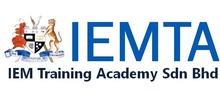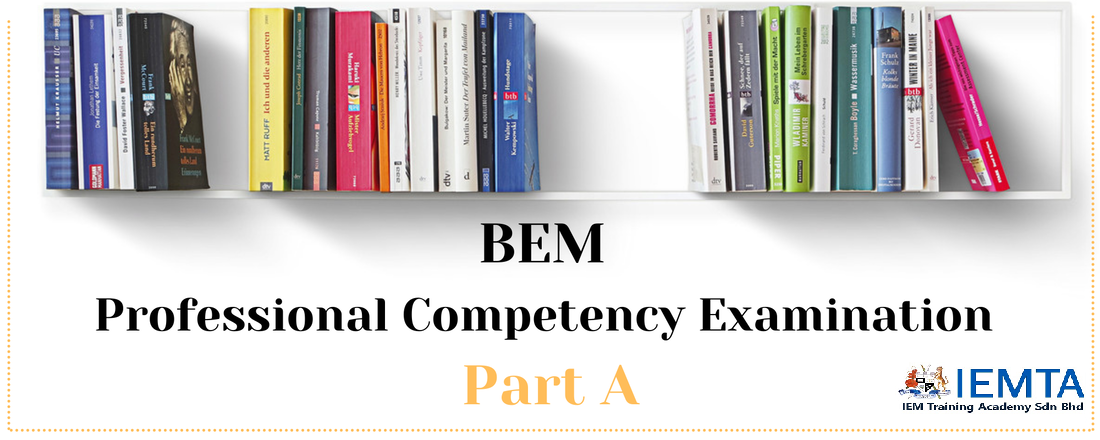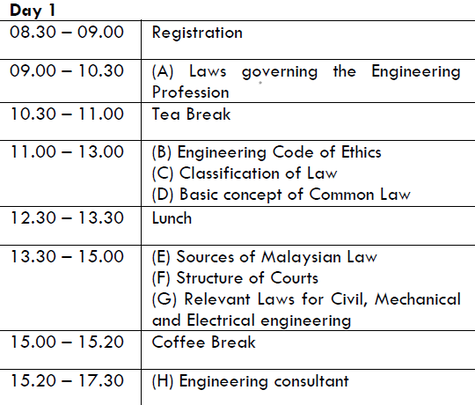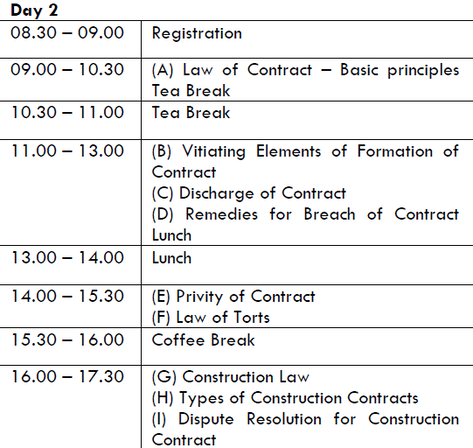|
SYNOPSIS
The Registration of Engineers Act 1967 had been amended and took effect on 31st July 2015. One of the major amendments under the Act is to introduce a two-tier system of registration of Professional Engineers. One class of Professional Engineers who will go through the existing system of passing PAE or for being a Corporate Member of the Institution of Engineers Malaysia (IEM). The other class is Professional Engineers with Practicing Certificates.
In order for a professional engineer to obtain the Practicing Certificate, he must sit and pass the Professional Competency Examination (PCE). In short with the amendment, the submitting person must now be a Professional Engineer with a valid Practicing Certificate registered with BEM. The main aim of the Professional Competency Examination is to ensure the competency of the Professional Engineer. The PCE will test the candidates within the limits of “professional engineering services” as defined by the Registration of Engineers Act 1967 in the engineering disciplines of civil & structural, mechanical and electrical engineering. The examination will test the candidate’s knowledge, experience and application of:
The PCE comprises of 2 Parts - Part A is a common paper for all disciplines while Part B is meant for specific discipline. The syllabi that involve Law topics for Part A are:
The Registration of Engineers Act 1967 had been amended and took effect on 31st July 2015. One of the major amendments under the Act is to introduce a two-tier system of registration of Professional Engineers. One class of Professional Engineers who will go through the existing system of passing PAE or for being a Corporate Member of the Institution of Engineers Malaysia (IEM). The other class is Professional Engineers with Practicing Certificates.
In order for a professional engineer to obtain the Practicing Certificate, he must sit and pass the Professional Competency Examination (PCE). In short with the amendment, the submitting person must now be a Professional Engineer with a valid Practicing Certificate registered with BEM. The main aim of the Professional Competency Examination is to ensure the competency of the Professional Engineer. The PCE will test the candidates within the limits of “professional engineering services” as defined by the Registration of Engineers Act 1967 in the engineering disciplines of civil & structural, mechanical and electrical engineering. The examination will test the candidate’s knowledge, experience and application of:
- Regulations and rules of engineering practice by BEM
- Statutory laws, design codes, regulations and
- Standards of professionalism and ethical behaviour imposed by BEM
The PCE comprises of 2 Parts - Part A is a common paper for all disciplines while Part B is meant for specific discipline. The syllabi that involve Law topics for Part A are:
- Laws and regulations governing the engineering profession in Malaysia
- Engineer’s responsibility to society and to the public
- Knowledge of laws having reference
- Knowledge of Contract
TENTATIVE PROGRAMME
ABOUT THE PRESENTER
Ir. Lai Sze Ching graduated as a Mechanical Engineer from the University of Malaya in 1978. He also holds a LL.B degree from the University of London and LL.M from the University of Malaya, majoring in Alternative Dispute Resolution (ADR), Arbitration Law, Remedy and Construction Law. In addition, he also holds a Certificate of Legal Practice from the Qualifying Board of Malaysia.
Ir. Lai has more than 30 years working experience in the field of construction and property development. He is currently the Managing Director of an engineering firm involved in construction and contractual claims. Ir. Lai had been invited to deliver papers on water supply and sewage treatment in various international seminars and conferences. He has also written various articles on ADR, Arbitration and Construction disputes and had conducted talks on Law for Engineers and on Construction Law to local companies and Universities. Being an accreditor of Engineering Accreditation Council Malaysia, he is also actively involved in the accreditation of local engineering programmes. He is currently a member of the Industry Advisory Panel for LimKokWing University of Creative Technology and Multimedia University. Ir. Lai is also appointed as the Student Ambassador for the External Law Programme of University of London. He is empanelled as Arbitrator, Mediator and Adjudicator in the panel of Kuala Lumpur Regional Centre for Arbitration (KLRCA).
Ir. Lai Sze Ching graduated as a Mechanical Engineer from the University of Malaya in 1978. He also holds a LL.B degree from the University of London and LL.M from the University of Malaya, majoring in Alternative Dispute Resolution (ADR), Arbitration Law, Remedy and Construction Law. In addition, he also holds a Certificate of Legal Practice from the Qualifying Board of Malaysia.
Ir. Lai has more than 30 years working experience in the field of construction and property development. He is currently the Managing Director of an engineering firm involved in construction and contractual claims. Ir. Lai had been invited to deliver papers on water supply and sewage treatment in various international seminars and conferences. He has also written various articles on ADR, Arbitration and Construction disputes and had conducted talks on Law for Engineers and on Construction Law to local companies and Universities. Being an accreditor of Engineering Accreditation Council Malaysia, he is also actively involved in the accreditation of local engineering programmes. He is currently a member of the Industry Advisory Panel for LimKokWing University of Creative Technology and Multimedia University. Ir. Lai is also appointed as the Student Ambassador for the External Law Programme of University of London. He is empanelled as Arbitrator, Mediator and Adjudicator in the panel of Kuala Lumpur Regional Centre for Arbitration (KLRCA).
|
|
TERMS & CONDITIONS
CANCELLATION POLICY IEMTA reserves the right to postpone, reschedule, allocate or cancel the course. Full refund less 30% if cancellation is received in writing more than 7 days before the start of the event. No cancellation will be accepted prior to the date of the event. However, replacement or substitute may be made at any time with prior notification and substitute will be charged according to membership status. |




